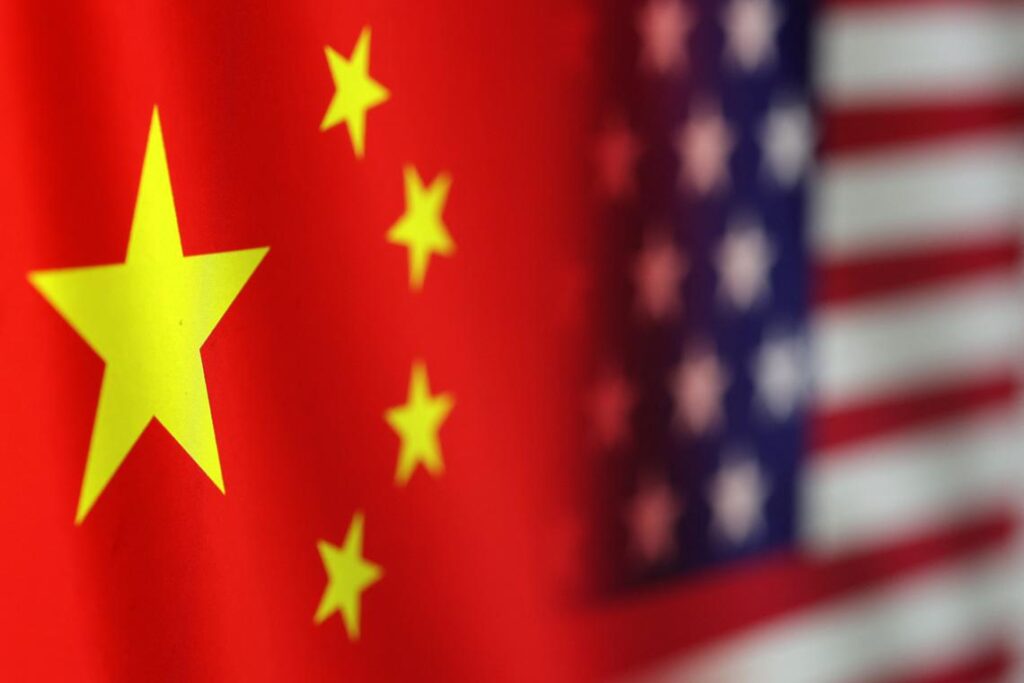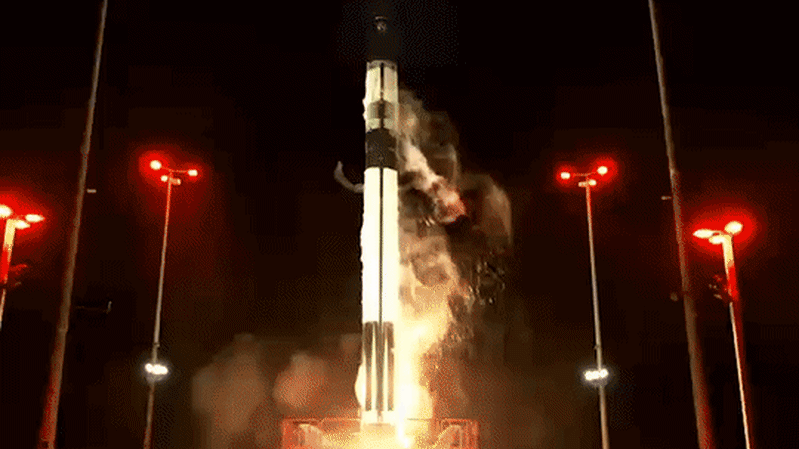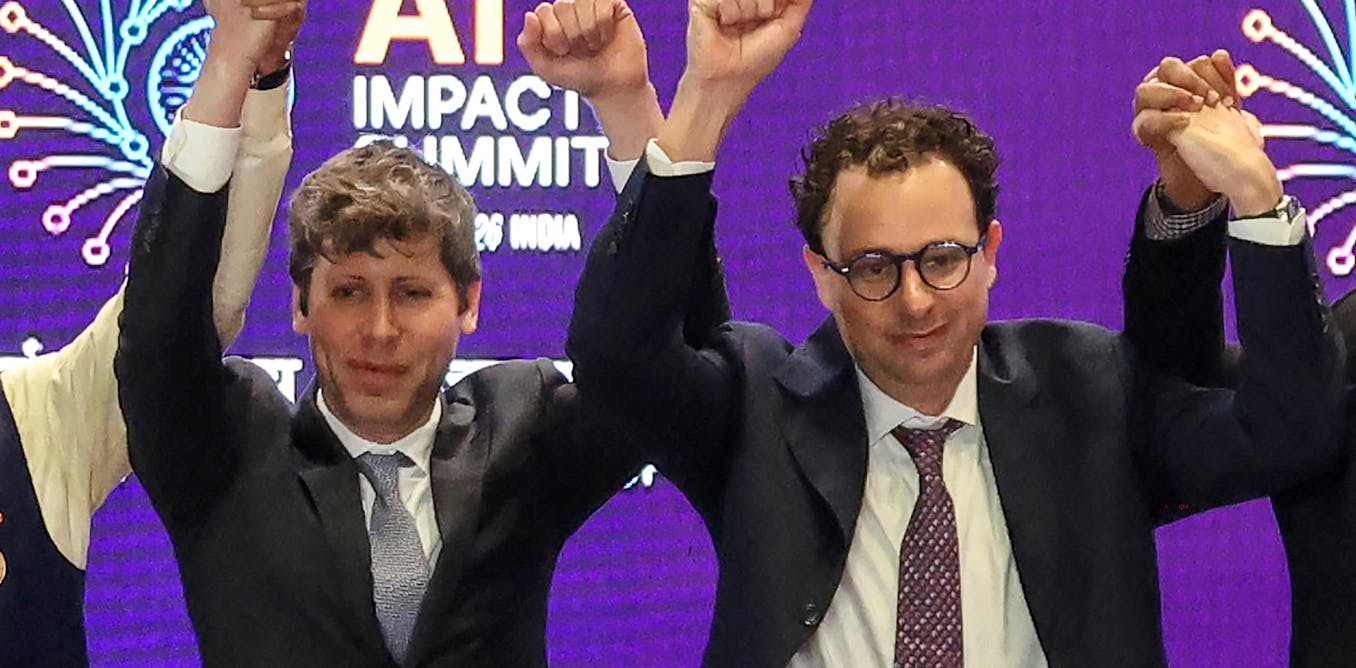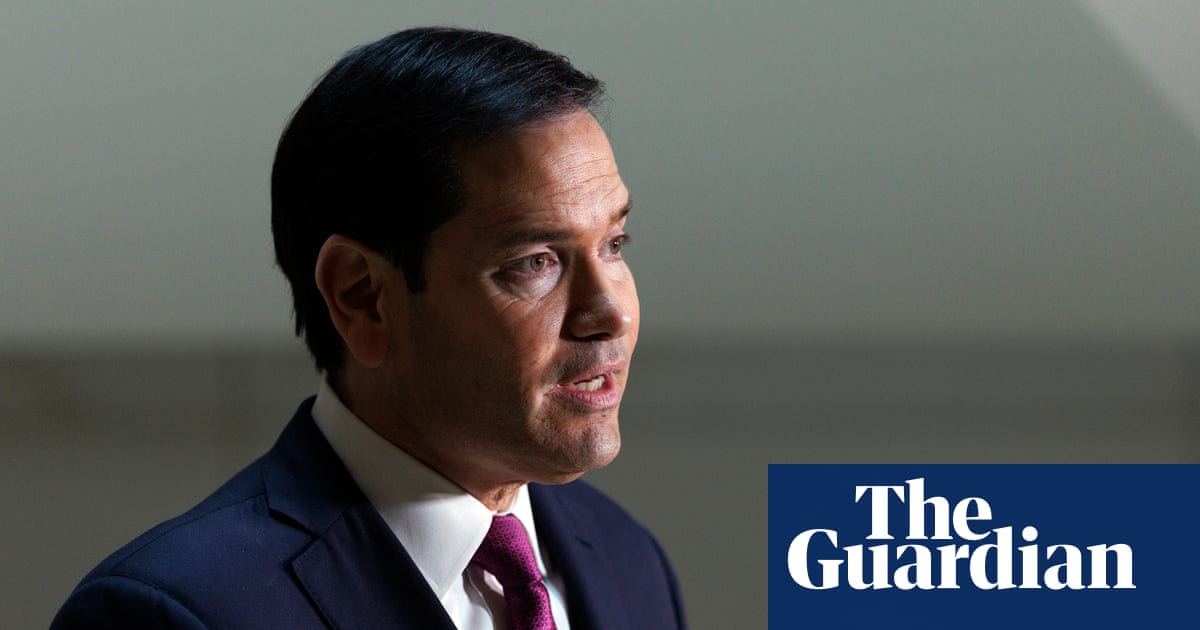
In a significant diplomatic engagement, US Secretary of State Marco Rubio met with China’s Foreign Minister Wang Yi in Malaysia on July 11. This meeting marks one of the highest-level discussions between the two nations since President Donald Trump’s re-election, potentially paving the way for a summit between President Trump and President Xi Jinping.
Describing the meeting as constructive, Rubio acknowledged unresolved issues between the two countries but noted a “high probability” of a future meeting between Trump and Xi, though no specific date has been set. This dialogue is the first in-person session between the top envoys since Trump returned to the White House in January 2025.
The announcement comes as both nations continue to navigate complex relations, with hopes that a leadership summit might ease tensions following a trade truce. However, many points of friction remain, particularly concerning China’s support for Russia amidst the ongoing conflict in Ukraine.
Diplomatic Context and Background
Rubio had previously indicated that he would address China’s support for Russia during his discussions with Wang Yi.
“The Chinese clearly have been supportive of the Russian effort, and I think that generally they’ve been willing to help them as much as they can without getting caught,”
Rubio remarked after a meeting with Russian Foreign Minister Sergei Lavrov. Beijing’s economic and diplomatic backing for Moscow is a major sticking point in Sino-American relations.
Both Rubio and Wang were in Kuala Lumpur for the ASEAN Foreign Ministers’ Meeting. In their last phone call in January, Rubio expressed concerns over China’s actions in Taiwan and the South China Sea, while Wang cautioned the US to handle Taiwan-related matters with care.
Prospects for a Trump-Xi Summit
President Trump has expressed interest in meeting Xi in 2025, with a senior Chinese official recently voicing optimism about improving bilateral ties. In a June phone conversation, Xi invited Trump to visit China, and the US administration is reportedly gauging interest from business executives to accompany Trump on a potential trip.
Historical parallels can be drawn from past meetings between the two leaders, often held on the sidelines of major international forums like the Asia-Pacific Economic Cooperation (APEC). South Korea is set to host the APEC summit in late October and early November 2025, presenting a possible venue for a Trump-Xi meeting.
Trade and Economic Implications
Recent weeks have shown signs of progress in trade negotiations, with both countries starting to fulfill promises made in talks held in Geneva and London. China has agreed to resume shipments of rare earths, while the US has offered to ease some export restrictions on ethane, chip-design software, and jet-engine components.
US Treasury Secretary Scott Bessent and Commerce Secretary Howard Lutnick have both indicated upcoming discussions with their Chinese counterparts to advance trade talks. Bessent told CNBC that he expects to meet his Chinese counterpart soon, while Lutnick mentioned plans to kick off a “bigger trade conversation” in early August, ahead of the expiration of a temporary tariff reprieve.
Expert Opinions and Future Outlook
Dr. Klaus Larres, a professor of history and international affairs at the University of North Carolina at Chapel Hill, suggests that the recent diplomatic efforts could smooth the path for a Trump-Xi meeting.
“Considering that Trump seems to be toying with the idea of meeting Xi on the sidelines of the APEC summit, or even in Beijing possibly in early September, the two senior diplomats of both countries could explore whether this is a promising course of action and could smooth feathers a bit to get there,”
Larres stated.
Despite past tensions, such as China’s 2020 sanctions on Rubio over his criticism of Beijing’s policies in Hong Kong and Xinjiang, both countries appear to be cautiously optimistic about improving relations. Beijing has indicated that these sanctions will not hinder official exchanges.
As both nations work towards potential high-level engagements, the international community watches closely, aware of the significant implications these discussions hold for global geopolitical dynamics and economic stability.







